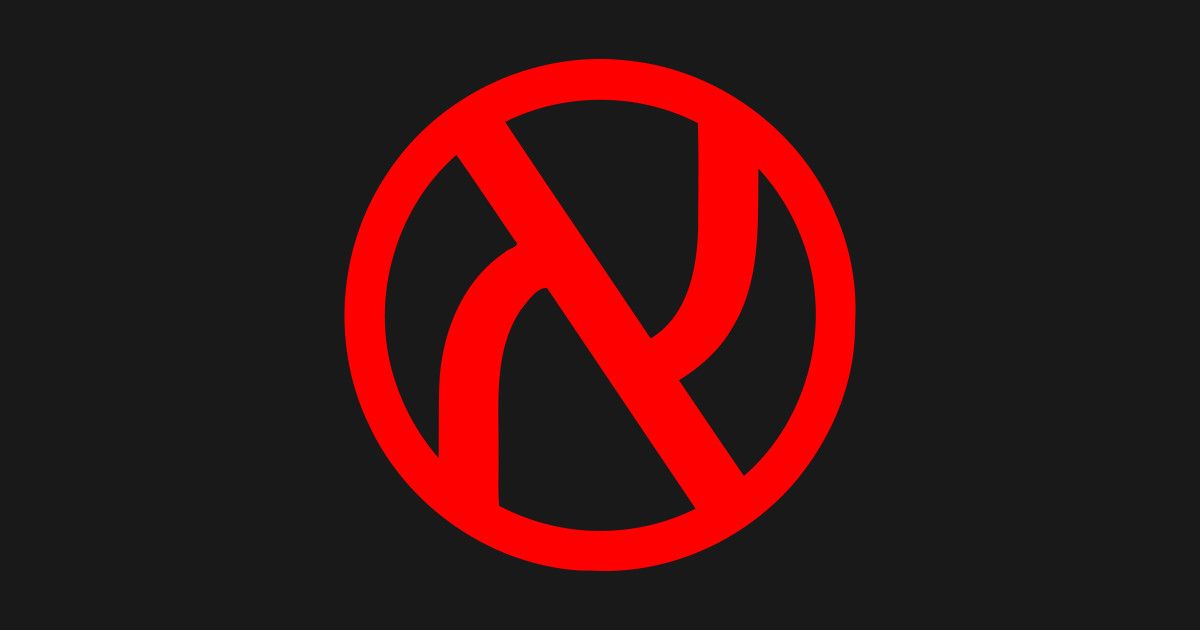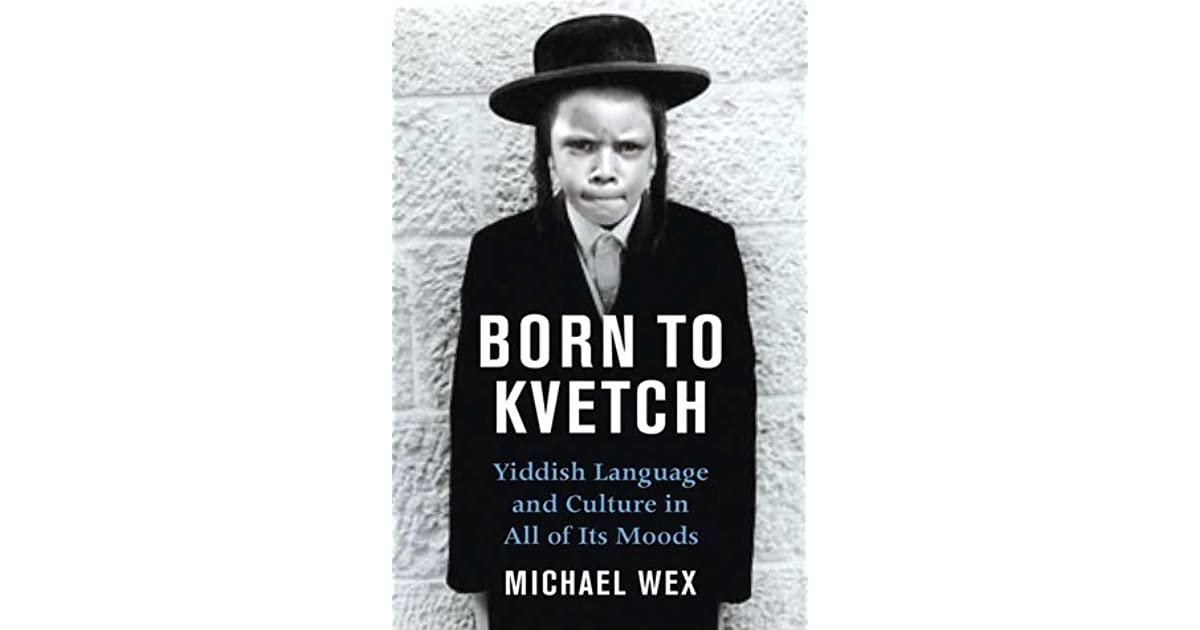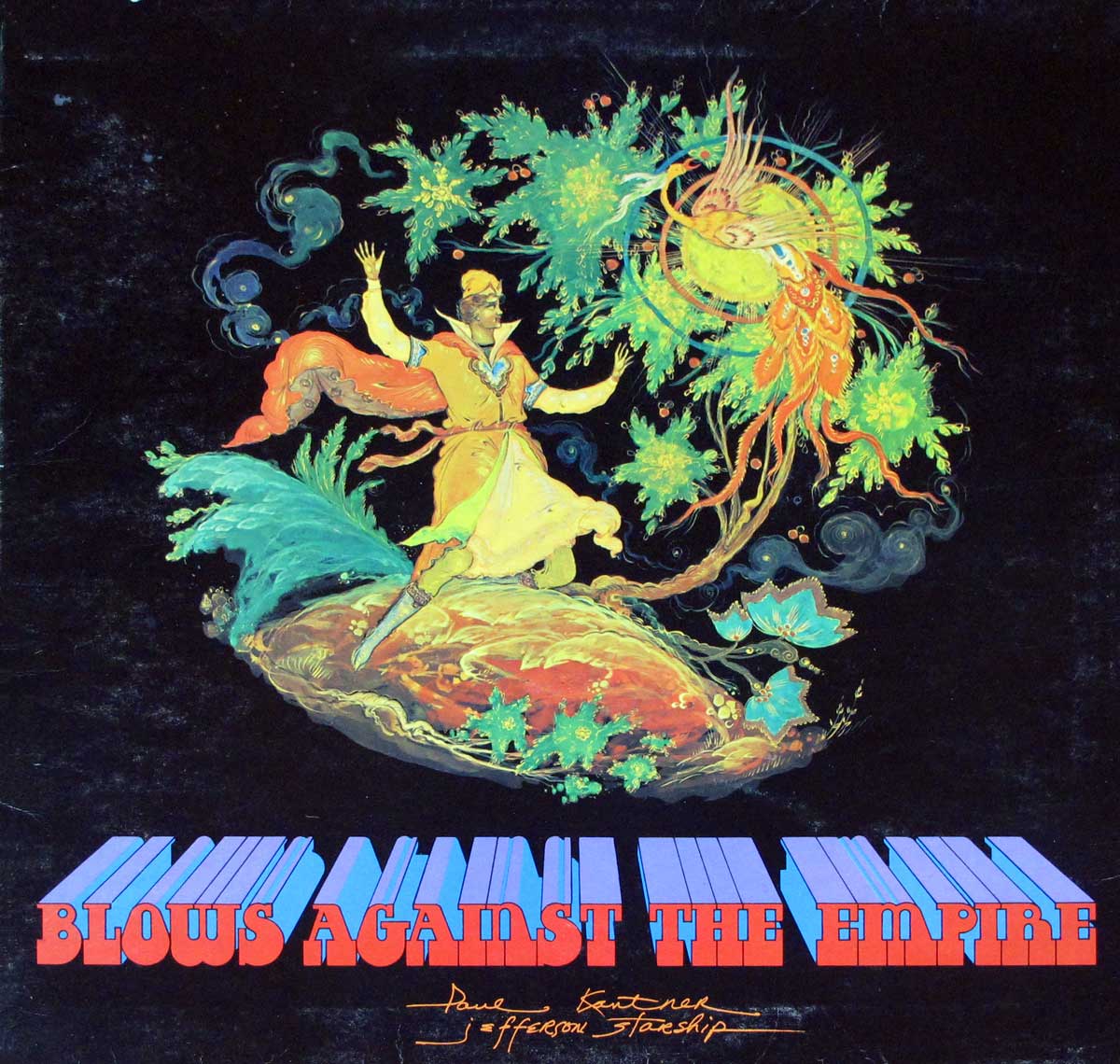Shabbat Gathering: Why I study Yiddish.

Dear Chevra, as is our custom, we will gather tonight at 5.45p ct to welcome Shabbat. These are the coordinates:
Zoom
Meeting ID: 963 5113 1550
Password: 1989
Phone: +1 312 626 6799
(To unsubscribe from the newsletter, click the link at the bottom of this email.)
An Important Note: Jess' mother passed away last Friday night. Tonight, she plans on joining us to say Kaddish. It would be terrific if you could be there to support her.
Here we go.
I’ve started studying Hebrew several times, and some of it stuck. I can muddle my way through pronouncing the liturgy, but I don’t understand what I’m saying and that doesn’t satisfy me. My study didn’t unroll Torah for me.
Many of us remember Josh from our Shabbat Gathering. One night he told us he was studying Yiddish and this struck me. Shortly thereafter, Duolingo announced it would offer Yiddish and I thought, “Why not?”
So, now I’m studying Yiddish and have just passed 410-and-some-odd days of consecutive study. My favorite expression I’ve learned so far is “Nothing is good” which seems to me to be something very apt to say in Yiddish. Gornisht iz gut.
I have three motivations for studying Yiddish: keeping my mind sharp, deepening my connection to the Ashkenazim, and a political motivation to continue a culture of liberation and resistance that was almost lost to us.
First, a note about Yiddish.
This is what Wikipedia says about the origins of Yiddish:
[Yiddish] is a West Germanic language historically spoken by Ashkenazi Jews. It originated during the 9th century in Central Europe, providing the nascent Ashkenazi community with a High German-based vernacular fused with many elements taken from Hebrew (notably Mishnaic) and to some extent Aramaic; most varieties also have substantial influence from Slavic languages, and the vocabulary contains traces of influence from Romance languages. Yiddish writing uses the Hebrew alphabet.
Which is a long way of saying that Yiddish is a dog’s breakfast of a language. There are influences from all over. Michael Wex, one of the world’s leading authorities on Yiddish (more about him later), believes Yiddish is as much of an attitude as a language. Yiddish has had a tough time of it. Eighty-five percent of the people killed in the Shoah spoke Yiddish, as well as other languages the better to navigate through a gentile world. And Yiddish was also the victim of various pogroms, crusades and random mass murders along the way. Then, when Israel was founded, there was a push to make Yiddish the national language. Obviously that failed. So Yiddish is a rejected language I embrace. (I'm all about rooting for the underdog.)
You’ve been exposed to a lot of Yiddish already. Glitsch, klutz, schlep, are all Yiddish. And you may have noticed that some people say Gut Shabbos (Yiddish) instead of Shabbat Shalom (Hebrew).
Sharpening my mind.
Living with someone who is slipping ever deeper into dementia has motivated me to do everything I can to keep my own mind sharp. I’ve renewed my interest in crossword puzzles and sudoku. I’m learning (too slowly) how to play chess. I take many supplements (most of which I suspect are bogus, so much for the placebo effect). And I’m learning Yiddish. I don’t know if all this will really help me, but at least I have the satisfaction of making a best effort.
Where I started.
My first job in NYC was working for Lois Shapiro, zt”l, and she used so many Yiddish phrases I had to buy The Joys of Yiddish to keep in the lap drawer of my desk. I wore it out. The Joys of Yiddish isn’t exactly a dictionary (It's a joke book.), but it was close enough and got the job done. Much later, I discovered Born to Kvetch by Michael Wex, the best English analysis and history of Yiddish. (And it's funny too.)

My adopted mame-loshn
Next, Yiddish was the linga franca of my family of choice I married into. My ex-grandmother-in-law, Molly, zt”l, knew half a dozen languages. She was from Galicia, which I had never heard of before I met her (and I was good at geography). She knew Polish, German, Hebrew, English, and a few other languages, but Yiddish was the most frequent on her tongue. Yiddish phrases were bandied across the dining room table and it was impossible for me to keep up.
I was so far out of my element with my new family that I wasn’t embarrassed to ask them what the heck they were talking about when they dropped a new expression on me. It was with a combination of pity and joy that they helped me understand. It was around then that I began to want to read the great Yiddish writers in the original, not in translation.

Deja vu, pretty much.
It may come as a surprise to you, but some Jews believe in reincarnation (gilgul) and our belief originates with the Kabbalists (more on that here). For me, I know, for example, that I was at Sinai when Torah was given to us, and this is beyond the formula we repeat when a Jew by choice makes their commitment or when someone says it to evince they are “serious” Jews. (Oh, and there's a Jewish dating site called I Saw You At Sinai.) I say it because I had an experience wherein I remembered being at Sinai. Not to get too woo-woo about it, but that’s the way it is for me. Furthermore, I believe I lived a couple of lifetimes in the shtel and, there, we spoke Yiddish.

Blows against the empire.
And, so, I learn Yiddish as a protest against the dominant gentile culture. I am a member of a Jewish Anarchist group because it’s the closest thing I can find to the long gone Jewish Bund that I can remotely participate in. (A more personal, and highly recommended, history of the Jewish Bund by Molly Crabapple can be read here.) Basically, the Jewish Bund was an organization of atheist, anti-Zionist, pro-labor, Socialist/Anarchist Jews founded in 1897 in what’s now Lithuania. They were trouble makers, in a good way, and had some success protesting against anti-Semitism and for the rights of workers. If I could afford it and benefit from being so remote to the organization, I would join New York City's Workers Circle, the direct heir to the Jewish Bund. (And when I worked for Lois Shapiro, the Workers Circle was just down the block.)
I believe in Diaspora life and do not yearn to be a colonialist in Israel. And I believe in making a stand against a dominant culture that puts a boot on my neck and — in a tragically actual way — the neck of so many others.
So I learn Yiddish.
A little bit every day.
Blows against the empire.
— Paul Kantner.
Burn down Babylon, again.
— Bob Marley.
And may it be for all of us a blessing.
See you tonight!
Gut Shabbos!
All my love,
brian.